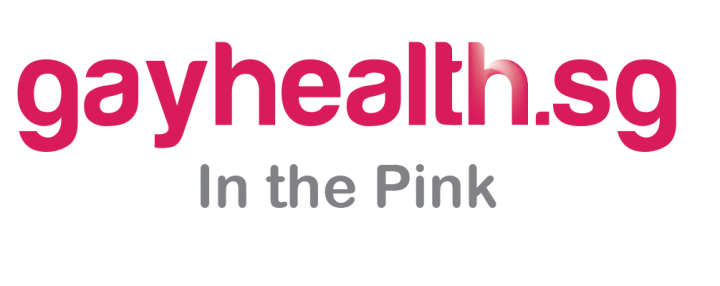PrEP is good for those at high risk but abstinence, being faithful and condom use are still important
A new drug shown to be effective in preventing infections of the human immunodeficiency (HIV) virus in high-risk groups is now available in Singapore.
Known as PrEP or pre-exposure prophylaxis, the medicine – the first of its kind – is expected to reduce the number of new infections here, now totalling about 450 a year.
” The question is, how do we drive it down to zero,” Mr Steve Kraus, director of the UNAIDS regional support team for Asia and the Pacific, told The Straits Times.
PrEP is available at the National University Hospital (NUH) at its Be Prepared Clinic and Tan Tock Seng Hospital, while the DSC Clinic in Kelantan Lane plans to offer it from the first quarter of next year.
Some studies have suggested that PrEP can be a useful supplementary option for those who are at high risk of HIV infection, said Senior Minister of State for Health Amy Khor at the Singapore Aids Conference at NUH last Saturday.
However, Dr Khor noted that PrEP is not 100 per cent effective and does not protect against other sexually-transmitted diseases.
Truvada, approved for PrEP use in 2012 by the United States Food & Drug Administration, is also available elsewhere in Asia, including China, India, Thailand and Vietnam.
Mr Kraus, who was the keynote speaker at the Aids conference, said: “We know that it works and it is a safe drug. It is unlike HIV treatment where, if you are HIV-positive, you need to take medication every day for the rest of your life.”
Made up of two drugs that are used to treat HIV infection, Truvada is taken only when the user may be exposed to the virus.
Though it has been here since mid-2012, Truvada was reportedly offered only by a few clinics and given selectively, for instance, to the wives and partners of infected people.
But that has changed.
Dr Dariusz P. Olszyna, a senior consultant at NUH’s division of infectious diseases, said there is “overwhelming evidence and international guidelines which now recommend PrEP as an important tool in HIV prevention”.
In San Francisco, for instance, HIV infection rates have fallen as the number of PrEP prescriptions rose significantly, said Professor Roy Chan, founder and president of the charity, Action for Aids.
REGULAR TESTING STILL CRUCIAL
While the number of new HIV infections in Singapore has stabilised in the last five years, it has increased in some groups, such as gay men.
Latest figures from the Ministry of Health show that nearly four in 10 are at a late stage of infection by the time they are diagnosed.
If left untreated, HIV can lead to Aids (acquired immunodeficiency syndrome), where the patient’s immune system has been permanently wrecked, leaving him open to opportunistic and life-threatening infections.
With PrEP, said Prof Chan, “this is the start of a new phase of HIV prevention”.
He added: “Even as I speak, there are studies going on in other places on impregnating PrEP into vaginal rings and on PrEP being given as a once-a-month injection and so on.”
Prof Chan emphasised that it is not meant to replace tried-and- tested methods of prevention.
“This is an additional protection. We are not abandoning ABC (abstinence, be faithful and consistent condom use).”
PrEP also does not replace testing. He said: “When people are on it, they need to keep in touch with healthcare. We advise testing every three months for sexually- transmitted diseases and HIV.
“If a person already has HIV but doesn’t know it and he goes on PrEP, that’s very dangerous.” The HIV infection may be inadequately treated and the virus could become resistant.
As PrEP is available only through prescription, those who ask for it will receive counselling as well.
At NUH, clients get a comprehensive assessment of their HIV risk and individualised advice on how PrEP can help them in reducing the risk, said Dr Olszyna.
The monitoring will continue for possible side effects and PrEP users will be tested regularly, as early detection and treatment of HIV offer a good chance of survival.
As of October this year, a total of 7,459 people in Singapore had been infected by HIV. Figures show that by the end of last year, 1,816 had died of it.
PrEP costs more than $400 a month and the length of time it needs to be taken varies from person to person, said Prof Chan. There is also the cost of tests and consultations.
“There’s a newer approach where individuals take it a few hours before sex and then for two days after that. That’s PrEP on demand and that’s also a possible strategy,” said Prof Chan.
“It’s still early days. At this point, the challenge is to make PrEP more affordable.”
Pre-Exposure Prophylaxis
Click here to find out more
National University Hospital
Be Prepared (BePrep) Clinic

